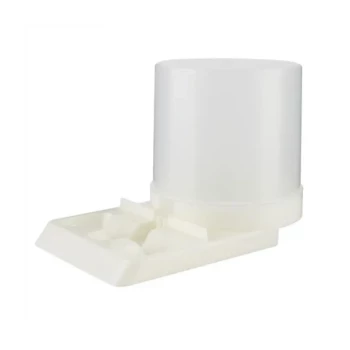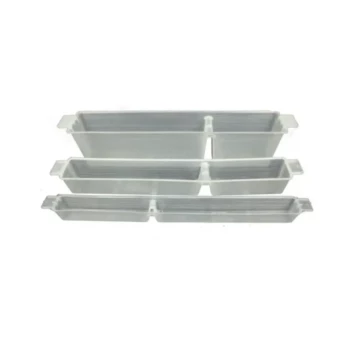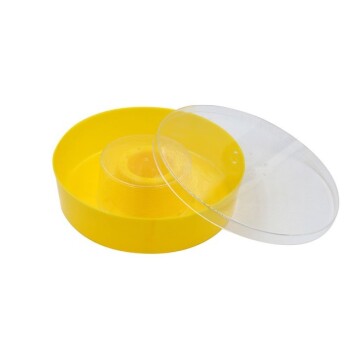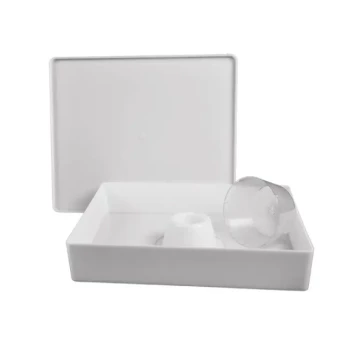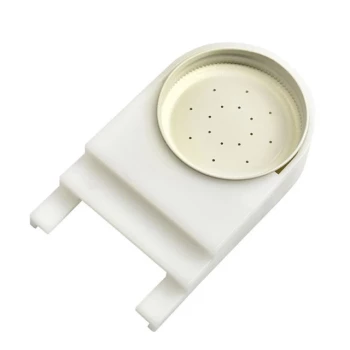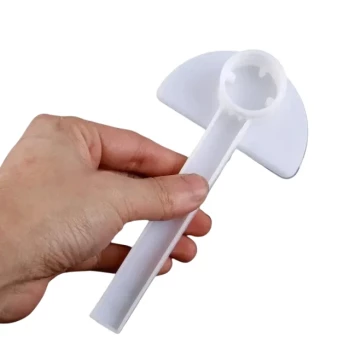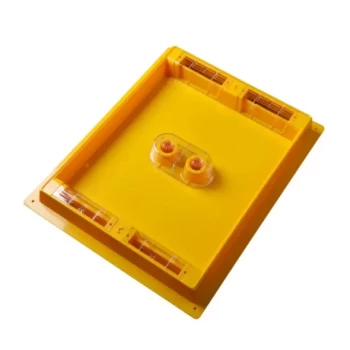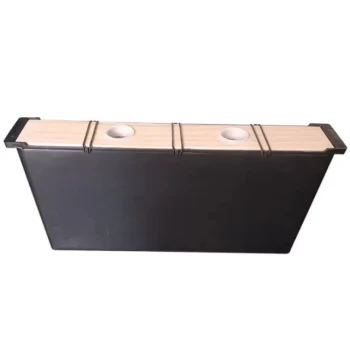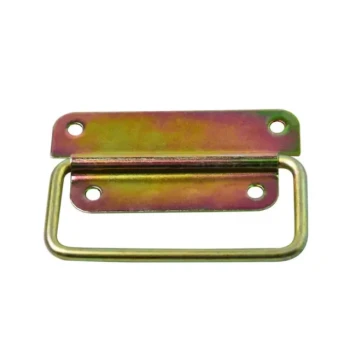On the contrary, feeding bees sugar is not bad; it is an essential and widely accepted practice in beekeeping used to ensure a colony's survival. When natural nectar sources are scarce, providing a specific type of sugar syrup is a critical intervention that prevents starvation and supports hive health.
The core principle of feeding is supplementation, not substitution. Using the correct type of sugar—plain white granulated sugar—is a vital tool to help bees through difficult periods, but it is not a nutritional replacement for the diverse pollen and nectar they gather naturally.
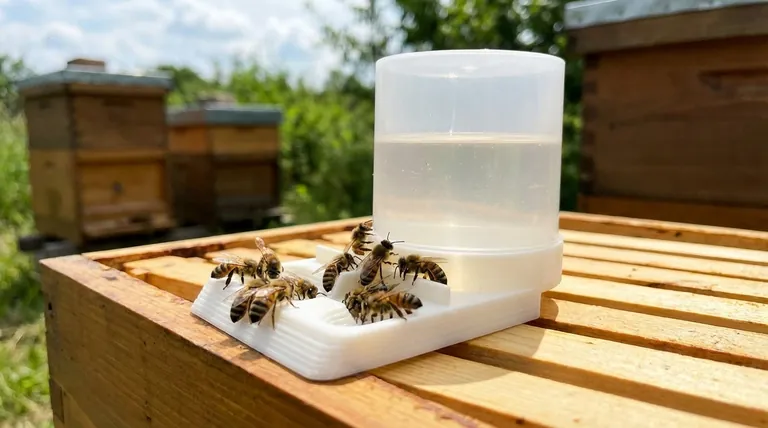
When Supplemental Feeding is Necessary
A beekeeper's primary goal is to ensure the colony has enough resources to thrive. Supplemental feeding is a response to a lack of those natural resources.
Preventing Winter Starvation
Bees need significant stores of honey to generate heat and survive the cold months. If a colony hasn't stored enough honey due to a poor nectar season, feeding a heavy sugar syrup in the fall is crucial for their survival.
Supporting a New Colony
Newly installed packages or nucleus colonies have an enormous task: building wax comb, raising brood, and gathering food. Feeding them a light syrup provides the immediate carbohydrate energy they need to rapidly build their home and population.
Navigating a Nectar Dearth
A nectar dearth is a period when no major nectar-producing flowers are in bloom. These can occur even in the middle of summer, and during these times, a strong colony can quickly consume its own stores, making supplemental feeding necessary.
The Critical Rules: What Sugar to Use
Not all sugars are created equal, and a bee's digestive system is sensitive. The goal is to mimic the sucrose found in natural nectar as closely as possible.
Why White Granulated Sugar is the Standard
Plain white granulated sugar is the ideal choice. It is nearly pure sucrose, which is easy for bees to digest and process into a storable food source.
Cane Sugar vs. Beet Sugar
While chemically identical, some beekeepers debate cane versus beet sugar because most beet sugar is derived from GMO crops. However, lab tests show no difference in the final sugar product or its effect on bees. Both are safe and effective.
What to Absolutely Avoid and Why
Using the wrong type of sweetener can be harmful or even fatal to a honeybee colony. The risk comes from compounds that bees cannot properly digest.
The Danger of Brown and Organic Sugar
Do not use brown, raw, or organic sugar. These contain molasses and other solids that bees cannot digest, which can lead to dysentery and other health problems within the hive.
Why Powdered (Confectioner's) Sugar is Harmful
Powdered sugar contains anti-caking agents, typically cornstarch. Bees cannot digest this starch, and it can cause severe digestive issues.
Never Use Honey from Other Sources
Feeding bees honey from an unknown hive—including store-bought honey—is extremely risky. It can carry spores for devastating diseases like American Foulbrood, which can destroy your colony.
Making the Right Choice for Your Goal
Your feeding strategy should match the colony's specific needs at a given time. This is often managed by changing the ratio of sugar to water.
- If your primary focus is stimulating a new colony: Use a light 1:1 syrup (one part sugar to one part water by weight) to simulate a nectar flow, encouraging comb building and brood rearing.
- If your primary focus is preparing a hive for winter: Use a heavy 2:1 syrup (two parts sugar to one part water) that bees can easily dehydrate and store as a dense food source.
- If your primary focus is supporting a hive through a dearth: Use a 1:1 syrup to provide immediate energy without encouraging them to store it, as you expect the natural nectar flow to resume.
By understanding when and what to feed, you can confidently support your bees and ensure the long-term health of your hive.
Summary Table:
| Feeding Goal | Recommended Sugar Syrup Ratio | Key Purpose |
|---|---|---|
| Stimulating a New Colony | 1:1 (Sugar:Water) | Encourages comb building & brood rearing |
| Preparing for Winter | 2:1 (Sugar:Water) | Provides dense, storable food for survival |
| Supporting During a Dearth | 1:1 (Sugar:Water) | Offers immediate energy without encouraging storage |
Ensure your apiary's success with the right supplies.
Feeding bees correctly is just one part of effective hive management. For commercial apiaries and distributors, having a reliable source for high-quality beekeeping equipment is essential for maintaining healthy, productive colonies.
HONESTBEE supplies the essential tools you need—from feeders and hive components to protective gear—through our wholesale-focused operations. Let us help you support your bees effectively and grow your business.
Contact HONESTBEE today to discuss your wholesale supply needs and keep your operation buzzing.
Visual Guide
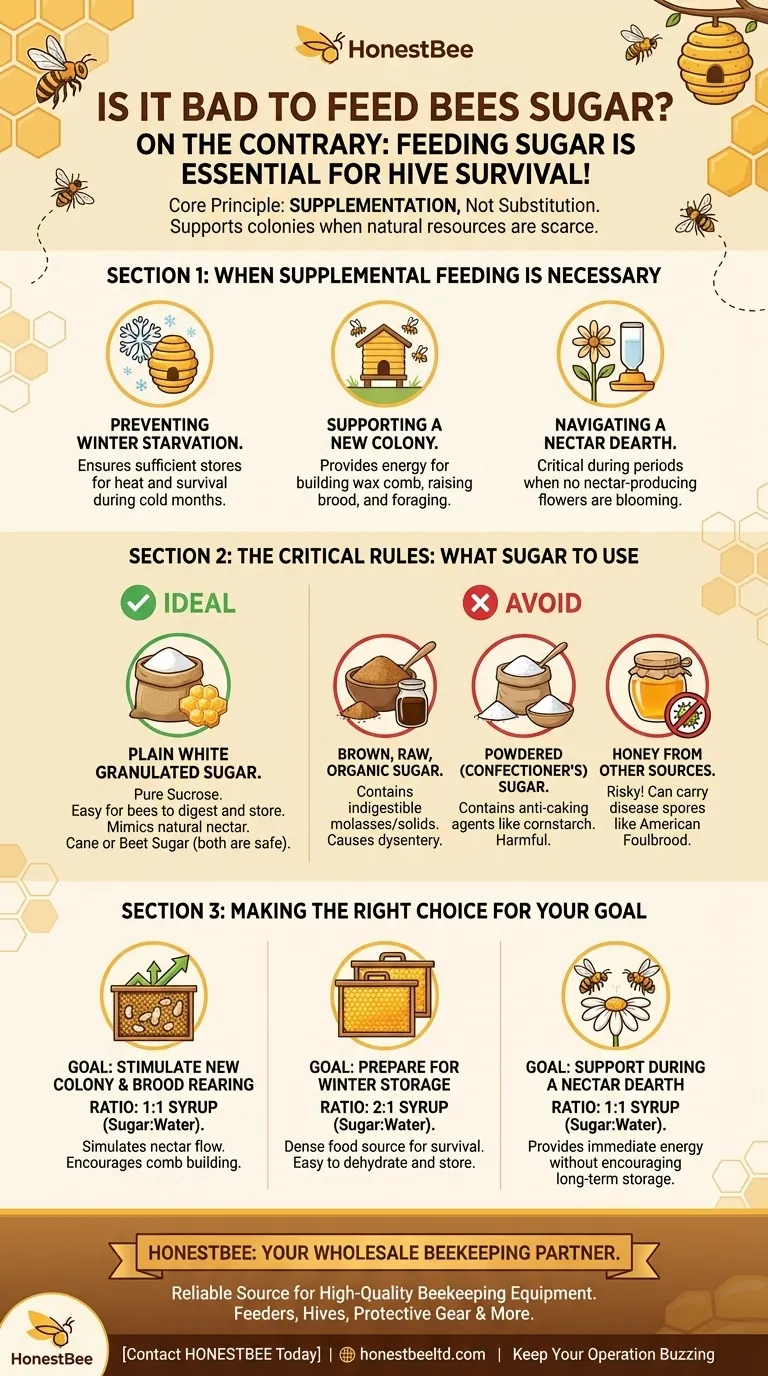
Related Products
- HONESTBEE Entrance Bee Feeder Professional Hive Nutrition Solution for Beekeeping
- In-Hive Dual Compartment Frame Bee Feeder for Targeted Colony Nutrition
- HONESTBEE Round Hive Top Bee Feeder for Syrup
- HONESTBEE Professional Entrance Bee Feeder Hive Nutrition Solution
- Rapid Bee Feeder White Plastic 2L Round Top Feeder for 8 or 10-Frame Bee Hives
People Also Ask
- What are the different types of honey bee feeders? Choose the Right Feeder for Your Hive
- What is an entrance feeder and what are its characteristics? Essential Guide for Effortless Hive Feeding
- What is a bee entrance feeder and what are its drawbacks? Essential Guide to Hive Security and Feeding Efficiency
- What is an entrance feeder? A Guide to Its Simple Design and High Robbing Risk
- What are entrance feeders and what are their benefits? Enhance Your Apiary with Zero-Intrusion Hive Feeding
